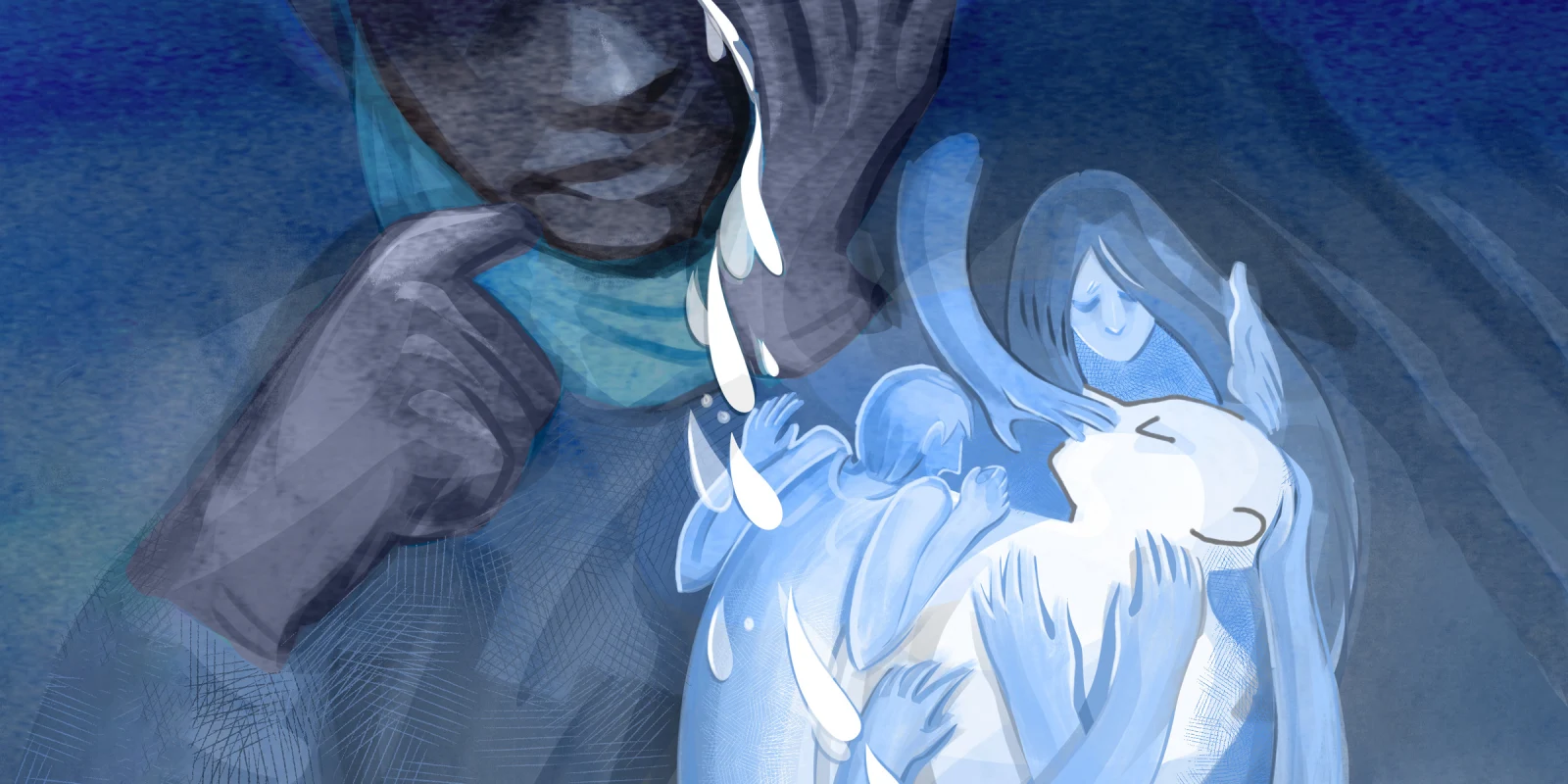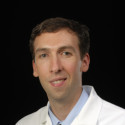On the way to the funeral, driving alone, your mind sifts through unguarded moments you spent with your patient. The unwitting last visit in the office, like the final time you see a loved one before they pass, takes on a special gravity. Perhaps you’ll find some encoded truths in those fresh memories, keys that unlock some hidden meaning to the story’s end. More likely there is none to be found. It just is. And yet you still have one more visit to attend to as a doctor, bearing witness and a kind of ultimate respect.
You manage a bitter smile as you enter the funeral home. But no one can see your smile beneath the black KN95 mask that muzzles your face. COVID is an omnipresent guest at weddings and funerals, and you’ve seen too much to invite it in. You feel like a plague doctor from the 17th century, with a beaked mask and grim coat — all too aware of the dual cruelty of mourning death while potentially spreading disease to the same people who are there to love, heal, and uplift.
As you wait in line to pay your respects to the family, you think back to your time with the patient. You recall stories he shared in unguarded moments, behind the door of a small examining room. How he beamed with contentment at the thought of his grandchildren; how his eyes glowed as he remembered a trip to Paris; how the memories of a lost child wracked his otherwise impenetrable façade. Sometimes it seemed as though you knew his spirit as well as you knew his illness, and often he hoped you would tend more to the former. And this wasn’t the first patient whom you knew well — nor will it be the last. He was one of many memorable people for whom you have cared, each one as idiosyncratically beautiful and finite as a flake of snow, a blade of grass.
Among the chairs, many people are gathered. You hear a hum of light humor and traded vignettes, mixed with a deeper drone of sadness. Walking among them, your ego can’t help but assess how they perceive you. Although you are confident that your medical care for the deceased was sincere, professional, and adept, you still question if others will assume the same.
Most barely notice your presence, but a few others recognize you. The doctor. His doctor. Is it an expression of surprise registering in a few faces that you’ve come to observe your patient in death? Is it scorn? Or is it gratitude, that even in this darkest of reflective hours you are here to pay your respects to someone who trusted you, confided in you, and reached out to you for whatever healing you might bring?
Regardless, this isn’t about you. As you shake the warm hands of people who loved the patient, you are reminded of the wide, verdant, chaotic world that exists outside the doctor-patient relationship. You offer your genuine sympathy to his family and friends, expressing how you will sincerely miss seeing their loved one and that it was an honor to know him. You bid them well, and then leave them be. They are so grateful that you came, really.
You make your way to the casket. Before you’d arrived at the funeral, you had been reflecting on the role of the doctor in these settings. You’d thought to yourself: People seek out our profession for healing, comfort, and victory. Could our role be to mediate between life and death for others? Do we somehow exist in a space between? And yet, as you bow your head in front of the lifeless body placed serenely in the coffin, the curtain is raised on your illusions. You become keenly aware of your own mortality, too. You hear the soft crying of those next to you, see the saltwater tears welling, and you catch a stark glimpse of the eternal. It’s time to leave.
Outside, the air has never tasted fresher, sweeter, or more alive. You doff your mask, that cowardly yet courageous symbol of the difference between you and others. You did it for yourself and for others, just like becoming a doctor. You breathe in again. And again.
Now back at the office, you must return to the task in front of you. You have hundreds, maybe thousands of other patients forming a queue that you imagine stretches across the curve of the Earth. It can feel dehumanizing. You lament that the ever-increasing workload of a doctor prevents you from making it to all the funerals. You must prioritize your service to the living while still picking a child up from school on time. You fancy yourself indispensable and powerful; yet often you are but a small tinkerer with earthbound tools.
But before moving on, you pull up the deceased patient’s chart for one last look. It is certainly not literature. But if you read between the lines and pierce through the jargon, there is an epic to be told. He is beaming with contentment at the thought of his grandchildren; his eyes glow as he remembers the trip to Paris; the lost child wracks his otherwise impenetrable façade; are you tending enough to his spirit along with his illness?
You retire another legend of the examining room, slinging a stethoscope around your neck as you knock on the next door, hoping to be of some service while you are still an emergent consciousness, a very human being.
What have you learned from attending patients’ funerals? Share in the comments.
Ryan McCormick is a family physician and writes Examined, a newsletter about primary care and life in medicine available on Substack. He has been doing entirely clinical work for two decades, and lives in South Philadelphia. Dr. McCormick is a 2023–2024 Doximity Op-Med Fellow.
Illustration by April Brust







